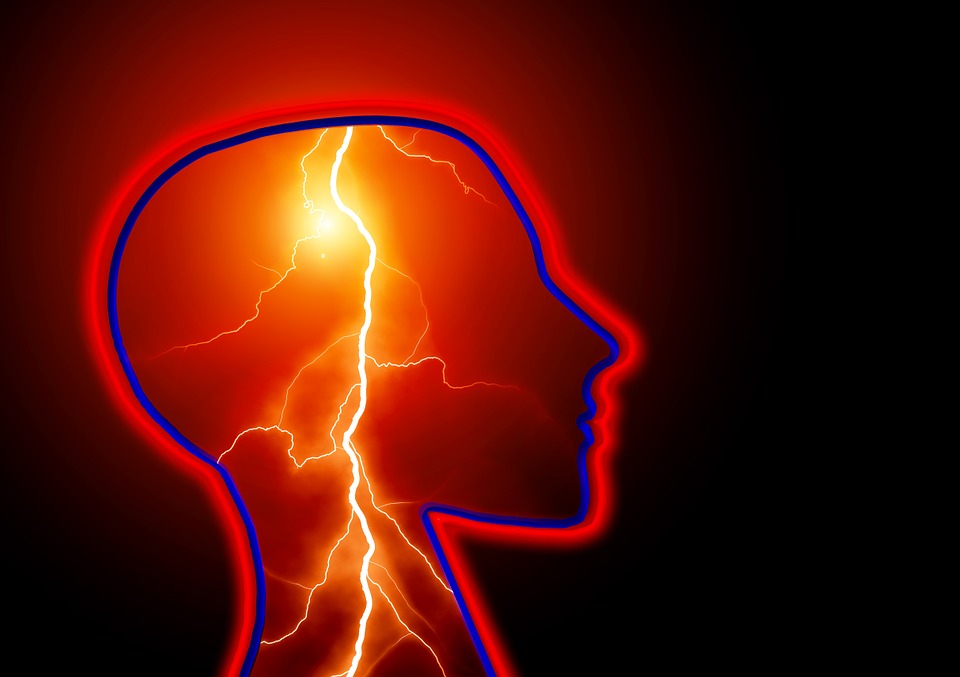Can the keto diet be used to treat Alzheimer’s?
05/22/2019 / By Evangelyn Rodriguez

Researchers from the University of Regensburg in Germany recently reviewed the findings of preclinical studies and clinical trials which focused on the efficacy of ketogenic diets in treating Alzheimer’s disease (AD). Results from different trials suggested that ketogenic diets could halt the progression of AD by counteracting the impaired glucose uptake and metabolism that precedes the onset of AD. Their review was published in the journal Food Science and Human Wellness.
What we know about Alzheimer’s Disease
AD is a progressive neurodegenerative disorder characterized by a decline in cognitive functions. It is the most common cause of dementia, a disease that involves the loss of a person’s ability to think, reason, and remember. The hallmarks of AD are the accumulation of plaques containing amyloid beta-peptide and the formation of neurofibrillary tangles containing tau proteins in the brain. While these two events were initially linked to neurodegeneration in AD, progressive synaptic dysfunction and neuronal atrophy are now associated with the cognitive decline observed in AD patients.
Another event that is characteristic of AD is the deterioration of glucose uptake and metabolism. Glucose is metabolized by the brain to form adenosine-triphosphate (ATP), a molecule that transfers chemical energy inside cells. In early onset AD, this process is considerably halted due to the early degeneration of a site in the brain called locus coeruleus, which stimulates glucose metabolism. This hypometabolism in the brain leads to chronic energy deprivation, the deterioration of neuronal function, less demand for glucose, and eventually, cognitive decline.
Mother Nature's micronutrient secret: Organic Broccoli Sprout Capsules now available, delivering 280mg of high-density nutrition, including the extraordinary "sulforaphane" and "glucosinolate" nutrients found only in cruciferous healing foods. Every lot laboratory tested. See availability here.
Why a ketogenic diet works against Alzheimer’s
The decline in glucose metabolism before the onset of AD became the target of many therapeutic interventions. Studies began evaluating the effects of directly administering ketone esters in the hopes of increasing the supply of ketone bodies in the brain. Ketone bodies are produced naturally during glucose deprivation and are subsequently metabolized by the brain when glucose utilization is impaired. This method of supplementing the glucose supply with ketone bodies proved successful in animal models of AD as well as in clinical trials.
There is, however, another more natural method of increasing the production of ketone bodies. The ketogenic diet, described as a high-fat, low-carbohydrate diet, was developed to imitate the conditions observed during fasting. When people fast, their bodies utilize body fat to produce energy. This process of metabolizing fat is known as lipolysis, and it leads to the production of molecules that can pass through the blood-brain barrier. These molecules came to be known as ketone bodies, and they can be used by cells as precursors for the synthesis of ATP.
Like the previously mentioned method of administering ketone esters, the ketogenic diet was also effective in animal models and clinical trials. Because energy deprivation in the brain contributes to the pathophysiology of AD, ensuring that brain cells have a steady supply of energy via the metabolism of ketone bodies prevents AD from progressing. This is a plausible reason for the efficacy shown by ketogenic diets in treating AD in trials. In addition, a decrease in cerebral glucose utilization in elderly patients with senile dementia has been linked to the decline in their cognitive function. It is, therefore, possible that ketogenic diets can also protect the brain and preserve cognitive function by providing an alternative to glucose that the brain can get energy from.
The mechanism behind the efficacy of ketogenic diets remains unknown, but the authors of the review are hopeful that further clinical investigations will be done to elucidate this. They believe that ketogenic diets have the potential to treat AD in humans by normalizing aberrant energy metabolism in the brain.
Alzheimers.news has more info on the latest findings regarding this neurodegenerative disease.
Sources include:
Tagged Under: aging, alternative medicine, Alzheimer's disease, brain health, cognitive decline, cognitive function, dementia, disease treatments, food cures, food is medicine, glucose, high-fat diet, ketogenic diets, ketone bodies, low-carbohydrate diet, natural cures, natural medicine, neurodegenerative disease, preclinical studies, prevention, research



















